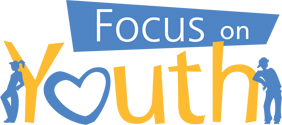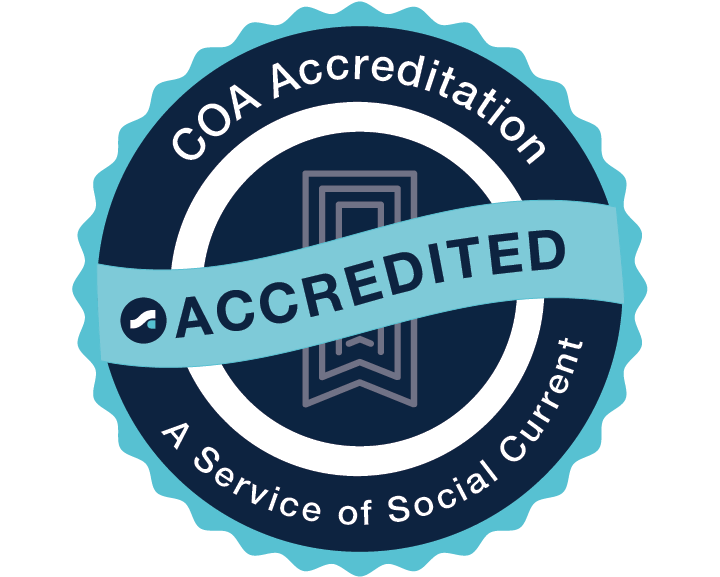Defying the Predictions: Fostering Children with Medical Needs
Before any paperwork was started or their training began, Kari and Paul made a commitment. They promised to fight for and with the children who would come into their home. They weren’t sure what those battles might be, but knew these children needed parents who would go into the fray and do the hard stuff right beside them. As soon as they were licensed as foster parents, they got their chance and stepped into battle with a set of premature, 3-week-old twins.
In just one call they got the news of their approval to foster and found out about the twins. “A couple hours later and multiple phone calls, we were selected by the caseworker and on our way to the NICU,” explains Kari. There they met 4-1/2-pound Tyler and 4-pound Lauren. They knew Lauren had a brain bleed and found out later she had suffered a stroke in utero. “The first 8 months we were told things like she’s blind, she’ll never sit up, walk, crawl, or feed herself, and they weren’t sure what her cognitive ability would be,” says Kari. This is where their battle began.
During those early months, they fought through some extreme health concerns with Lauren. She was diagnosed with Cerebral Palsy along with over 50 other related conditions. They heard every worst-case scenario and a litany of things she’d probably never do. At the same time, their caseworkers were already talking to them about permanent custody through adoption. “Our caseworkers were stellar,” says Kari. “We could always tell that they were battling as hard as they could for the betterment of the children. But for us, medically, we battled. And walking through the process to permanent custody wasn’t easy. Our case had 11 continuances that spanned 2 ½ years.”
Though longer than they planned, the journey to adoption not only brought them a son and daughter, but also an extended family. The twins are the youngest of eight siblings. Their brothers and sisters went into the care of two different families five months before the twins were born. Eventually, their biological mother realized she could not parent eight children or manage Lauren’s medical care and released her parental rights. After 830 days, they adopted their babies! In fact, all eight siblings were adopted into their three families on the same day. Just as they have chosen to celebrate birthdays and holidays together, the families now have another day to celebrate. Despite being raised in different families, they have fought to keep the siblings together, and it has been a unique blessing. “We believe that, whenever possible, children should never have to hunt for their siblings,” explains Kari.
And what about Lauren? She has defied the predictions. The only thing you’d notice about her now is that she’s not walking on her own yet—but mastering her walker—and her vision is impaired. “She’s gaining by the day and she’s going to conquer the world!” Kari gushes. Tyler is completely healthy with a great track record at this point considering his low birth weight and early arrival. “It’s really our privilege to walk this journey with them,” she adds. “God has truly touched our baby girl.”
Kari and Paul battled challenging medical complications and court continuances. Yet, fighting for their children has given them the greatest of gifts—a healthy son, an inspirational daughter, and an extended family of siblings and other parents walking through it all with them. Kari says, “We are privileged to love on all eight children through three families and to fully walk with our twins as our own for life.”

